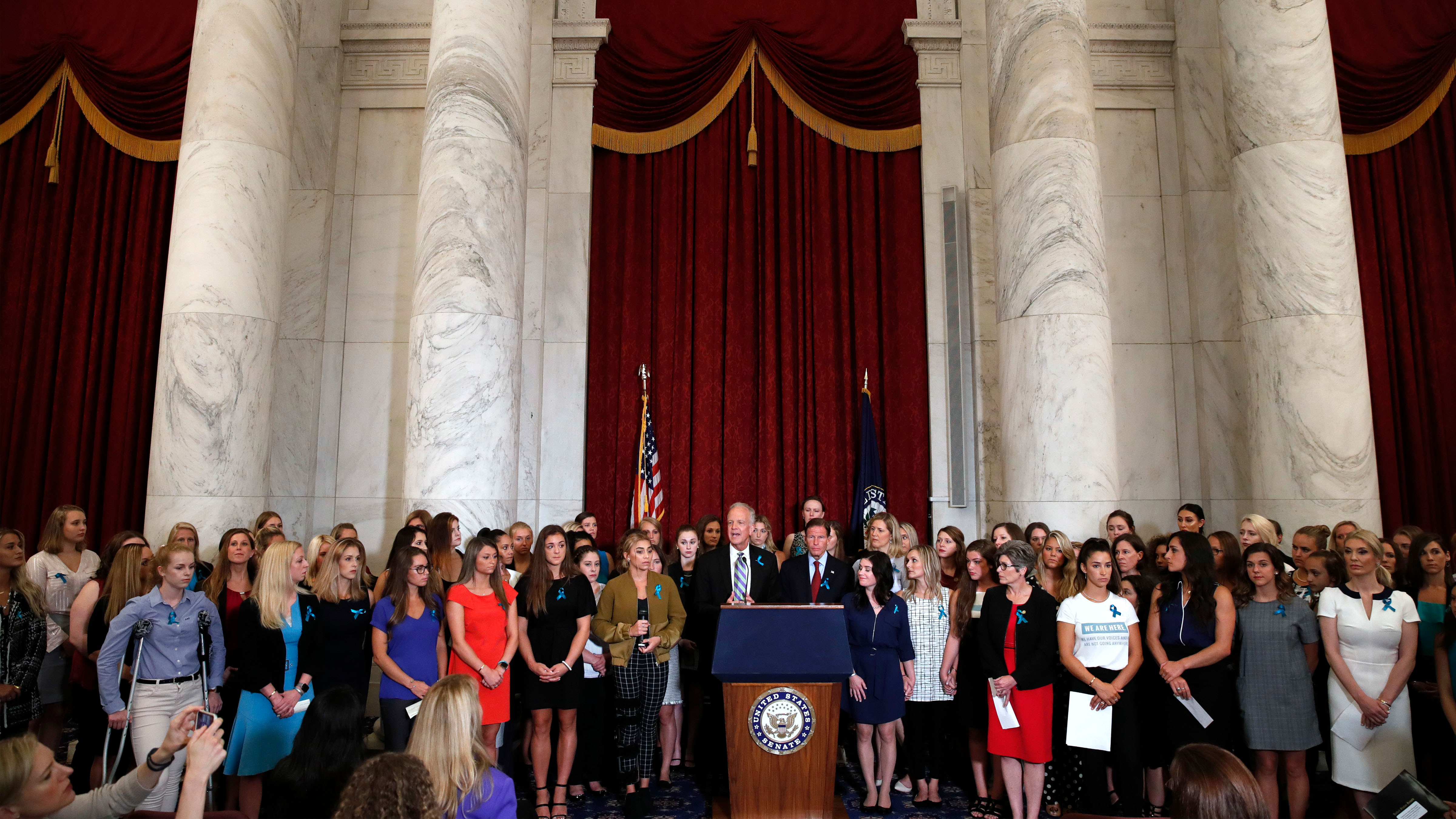"Your life matters." N.J. pharmacist copes with grief by combating opioid addiction

BROWNS MILLS, N.J. (WPVI) -- Ahead of a town hall meeting highlighting the nation's opioid crisis on September 19, Action News is highlighting efforts by New Jersey communities to combat the epidemic.
We visited Power's Pharmacy in Browns Mills, Burlington County on a pretty typical day.
But for owner John Power, the drive to help each and every customer is very personal.
Three years ago, Power's 23-year-old son, Christopher, died of an overdose.
The family discovered his substance abuse issues when he was 16, beginning a long family struggle to get Christopher help.
"We would take him out to treatment programs throughout N.J., Florida and Pennsylvania. He always seemed to gain five yards and lose 10 yards," said Powers.
Christopher died at a sober living home in Florida in 2016.
As a pharmacist and a grieving parent, Power has a unique understanding of addiction.
"I've come to look at it now that it is a disease. It is not a social stigma or a moral failing of these people. They've literally changed in the biochemistry of their brain, and they are sick."
Power's pharmacy was the first in New Jersey to receive a standing order to allow Naloxone distribution without a prescription. The nasal spray can reverse an opioid overdose, and save a life.
In June, Power's was one of the participating pharmacies in New Jersey's first free Naloxone day. Power explained how to use it to every single customer, in memory of Christopher.
"That single, life-saving drug was not there for him the night he died. It begins to impact upon me how important it is to have that," said Powers.
Hundreds of pharmacies in New Jersey now offer Naloxone without a prescription. Power's hope is to have addiction be regarded as a treatable, chronic disease, rather than a death sentence.





